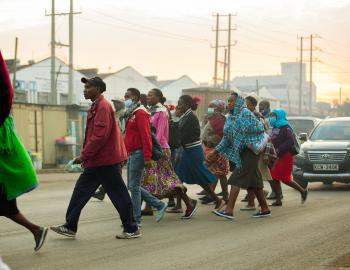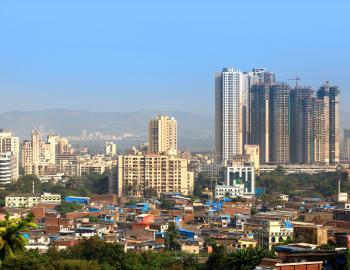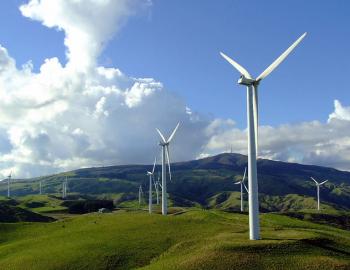INSIDE STORY: Working towards a Smart Energy Path - Experience from Benin, Mali and Togo
INSIDE STORY: Working towards a Smart Energy Path - Experience from Benin, Mali and Togo
Three West African countries – Benin, Mali and Togo – have participated in the project ‘Energy, Ecodevelopment and Resilience in Africa (EERA)’, which offers lessons to other countries on approaches that can be taken toward a ‘Smart Energy Path’. This strategy aims to meet peoples’ energy needs in an environmentally sustainable, resilient way, and is guided by a participatory decision-making process.
At present, energy services in the three countries are not adequate or sustainable. To overcome this, the EERA project reinforced national technical and institutional capacities. It also facilitated a multi-sectoral, participatory approach to decision-making in each country. This went beyond the ministries in charge of energy and included analyses of national energy systems and policies. The project created national and regional liaison committees to promote the principles of the Smart Energy Path to decision-makers and encourage their integration into the institutional energy framework of each country.
Key messages
- The government of Mali, Benin and Togo place a high priority on providing collective energy services: energy that delivers health and education benefits and clean water to society.
- These services are prioritised over the provision of household energy, because collective energy services play an important role in development and poverty
alleviation. - However, renewable energy has not been fast-tracked as a way of increasing societies’ access to energy. The lack of recent, reliable data on renewable energy, energy efficiency and the vulnerability of the energy sector to climate change is no excuse for inaction.
- All three countries are decentralising power to subnational governments. It is important that the institutional and regulatory frameworks define
and reinforce the role of these decentralised authorities in energy policies and programmes. - The key to defining reasonable timeframes and priorities for national energy policy and programmes is to involve sectors beyond the energy sector, such as
health, education, decentralisation and development, in decisionmaking committees.
Photo credit: John Hogg / World Bank



